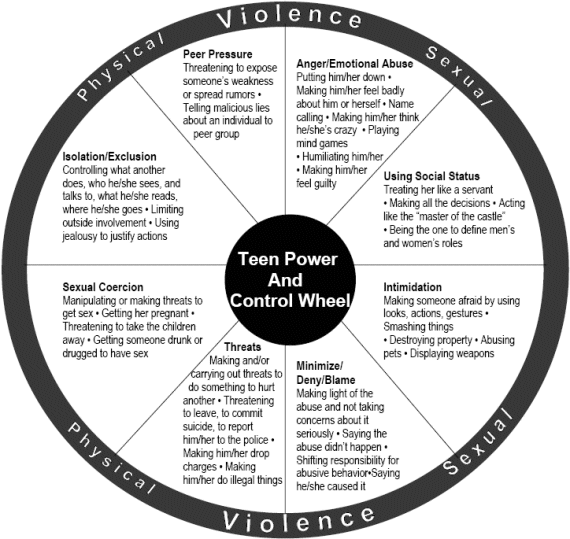Dating Violence


Dating violence is more common than people think, especially among teens and young adults: one in three teens in the US will experience physical, sexual, or emotional abuse from someone they’re in a relationship with before they become adults, and nearly half (43%) of college women report experiencing violent or abusive dating behaviors.
Any young person can experience dating abuse or unhealthy relationship behaviors, regardless of gender, sexual orientation, socioeconomic standing, ethnicity, religion or culture. It does not discriminate and can happen to anyone in any relationship, whether it’s one that is casual or serious.
Dating abuse is more common than you think. There are some warning signs that can help you identify if your relationship is unhealthy or abusive, including the examples below. Remember, the abuse is never your fault, and asking for help is nothing to be ashamed of.
What Does Dating Abuse Look Like?
Teens and young adults experience the same types of abuse as adults, including:
-
Physical Abuse: Any intentional use of physical force with the intent to cause fear or injury, like hitting, shoving, biting, strangling, kicking or using a weapon.
-
Verbal or Emotional Abuse: Non-physical behaviors such as threats, insults, constant monitoring, humiliation, intimidation, isolation or stalking.
-
Sexual Abuse: Any action that impacts a person’s ability to control their sexual activity or the circumstances in which sexual activity occurs, including rape, coercion or restricting access to birth control.
-
Digital Abuse: Use of technologies and/or social media networking to intimidate, harass or threaten a current or ex-dating partner such as demanding passwords, checking cell phones, cyberbullying, non-consensual sexting, excessive or threatening texts or stalking on social media.
-
Stalking: Being repeatedly watched, followed, monitored or harassed. Stalking can occur online or in person, and may or may not include giving unwanted gifts.
-
Financial Abuse: Exerting power and control over a partner through their finances, including taking or withholding money from a partner, or prohibiting a partner from earning, or spending their money.






.png)